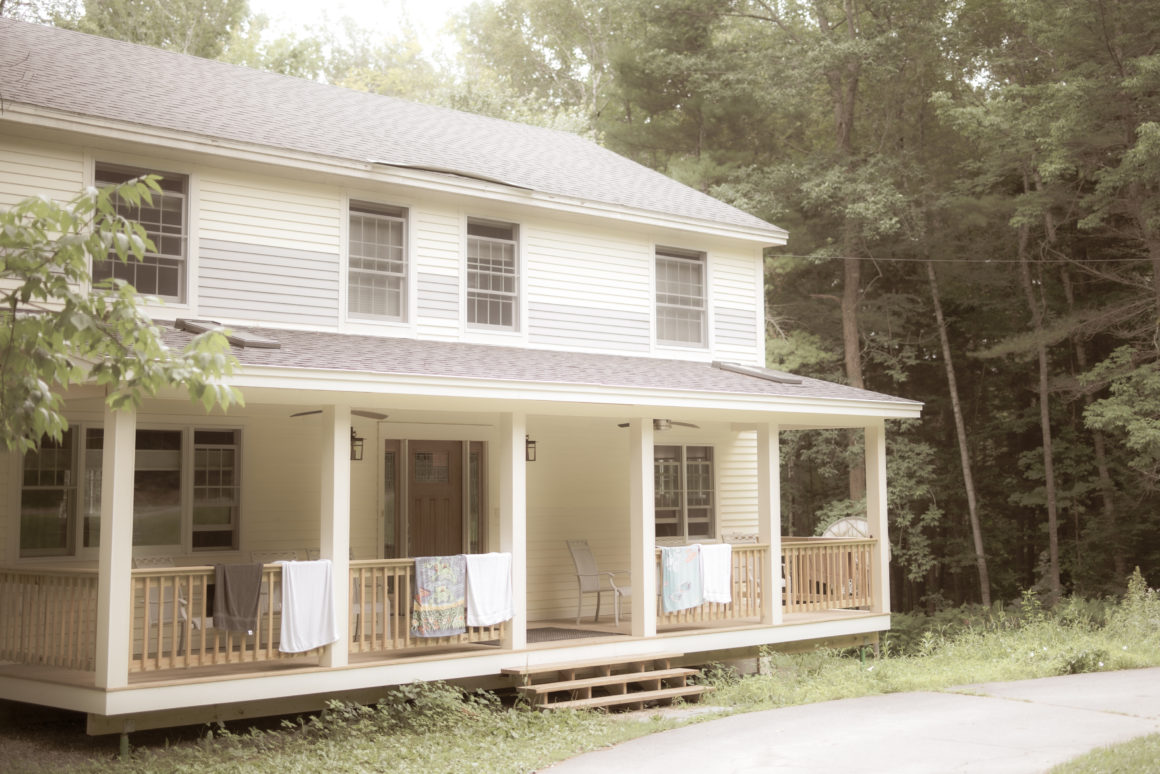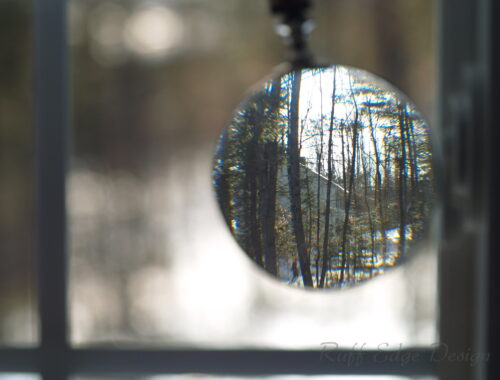
My Own Story
How does my story compare to that of anyone else’s? Why do I ask? Why do I care? Well, singer/songwriter/author Tori Amos started me on this path today. I recently read her second book, Resistance: A Songwriter’s Story of Hope, Change & Courage. Getting though it was a bit of a struggle, partly because I found it hard to keep my own opinions from evaluating hers and because I opened to page one thinking it would be a quick read that I’d get out of the way so I could move on to the next most recently purchased book. It was a quick read, and my prejudices notwithstanding, it was not nearly as deep as it probably should have been, because, it seems, Amos is not as deep as she’d like to believe she is.
Be that as it may, I found a few passages, which, if not wholly original, were at least worth coming back to. Here’s one:
What I wished another songwriter would have told me years and years ago is that your circumstances make up your own story, and no one has exactly your story. It is your very own. You need never envy someone else’s life story. …
I don’t believe anyone’s story is boring. Every story has value because it belongs only to you. It is the one true thing that does belong to you and that you can mine for emotional gold. Someone might try to belittle your story or make a joke about it or make you think that your history is worthless because there is a rating system applied to “So what’s your story?”
That rating system, by the by, is known as mimetic desire, and it can be life destroying.
That line about your life story being the one true thing that belongs to you catches my attention, because everything relating to reality and the semblance of reality catches my attention now.
Books are dangerous, which is why freedom of speech is essential to any society that hopes to aspire to even a semblance of personal liberty for its citizens. Even if you’ve heard everything anyone has to say about a particular book, you’ll never truly know what you’re in for until you pick it up and read it yourself. That’s the dangerous part. Who’s to say that what you’ll find on those pages will not turn your carefully constructed world upside down? There are no guarantees that the words therein will not knock out a cornerstone, or at the very least, create the crack that gets the entire process started.
In past chapters of my life, I wrote fairly often about failure and how we shouldn’t fear it. Yes, I was trying to convince myself as much as anyone else. I’m not alone in this. You know it, and I know it. Amos addresses the subject: “The key to realizing my identity as an artist was failure.” I understand what she is saying. I know why she believes it, and I’m not alleging that she’s wrong. It is her story, and she knows it better that anyone, but she knows it from the inside out, which means that we’re not likely to find a great deal of objectivity in her assessments. That’s fine, and I’m not suggesting that what she shares is worthless because she is unable to be objective about what she alone experiences. If that were true, we’d be able to trust no one. No worries; I’m not that far gone. I am, however, at a very different place than I was even six or seven months ago—you know, back when there seemed to be a world outside our doors that made sense.
But failure: while I appreciate the pep talks about using failure to your advantage and not letting it defeat you, I’ve grown tired of the slogans and mantras. Being farther down the path than those who want to tell me how to do it leaves me exasperated, and my patience wears thin. That’s on me; I know. So, I guess I’m left to retrace my steps, to see who I encounter back there behind me and simply offer a helping hand, a sympathetic ear, an open mind, and a loving heart.




